My son, Jordan (pictured top left), is a typical teenager: he has a messy room, forgets to take out the trash and acts silly. But he is also very loving, honest, and extremely athletic. At four, Jordan started playing basketball and quickly added baseball, soccer, boxing, track and volleyball to his sports portfolio.
Knowing that Jordan aspired to play college sports, I still get teary-eyed thinking about how I almost skipped a free screening for sudden cardiac arrest. I wasn’t feeling well that morning and planned to leave work early to get an oil change and take a nap, rather than take him to the screening. I called Jordan from the auto shop to tell him we weren’t going because he was perfectly healthy and didn’t really need the test. I’m not sure what possessed me, but deciding to call Jordan back to tell him that I had changed my mind was the best decision of my life.
After Jordan participated in the research study, we were called back to an exam room. I figured they were going to have me sign some paperwork, and we would be on our way home. Never did I imagine how our lives would change after we stepped into that examination room. Numbness best describes what I felt when we were told that Jordan had a potentially fatal heart defect. His condition was only identifiable from the echocardiogram he just received, since he had no symptoms or warning signs. Jordan insisted he felt fine and never had chest pain or shortness of breath. His response prompted me to ask if they had called the right patient into the room. I couldn’t even speak as they described Jordan’s diagnosis. Because the defect in his heart was so severe, he was told to stop all sports as of that moment and schedule a cardiologist appointment as soon as possible. It was a long ride home as I talked to my husband about what just happened. Jordan continued to reiterate to both of us how he felt fine and believed nothing was really wrong, but would consider giving up one of his six sports, if he had to.
Further testing from the cardiologist proved bitter sweet. The results verified the initial screening saved Jordan’s life by catching the defect in time. However, it was recommended that Jordan stop playing all sports because the risk of sudden cardiac arrest was too high. The doctors explained that with every burst of physical activity – like sprinting out of the race blocks – his heart rate increased, causing an increased blood flow through his aortic root valve. While this is normal during physical activity, Jordan’s aortic valve was not adjusting properly. Instead, every time Jordan’s heart rate heightened and the blood flow increased, his valve continued to expand beyond its normal level. Jordan’s valve is now dangerously thin and continued physical activity would have resulted in sudden cardiac arrest from the valve erupting. As the doctors explained the implications, Jordan understood why he needed to stop playing sports but he could not fight back the tears. He had to give up all six sports, not just one like he had hoped.
The following days were tough. I made calls to all of Jordan’s coaches to explain why he could no longer participate in any sports. Every phone call started with my sudden disbelief and shock. While cheering for Jordan from the sidelines, I had never once worried that he could die of sudden cardiac arrest.
While my realization of his diagnosis was hard to hide at times, Jordan became my rock. I was heartbroken by his shattered dreams of playing baseball for Louisiana State University and the other things he could no longer do. Jordan was determined to put his athletic talent to use in other ways. He decided his college major should be sports medicine, that way he’ll “be back on the field as an athletic director.” His first job at the Cincinnati Reds Stadium brought excitement back to his voice. At the age of 15, Jordan was the inspiration our entire family needed to handle a situation that affected his life the most.
Although life has been different since the screening, I consider myself extremely fortunate that I had the choice to cease all of Jordan’s sports activities. Certainly having no games or practices on our schedule has been an adjustment but seeing Jordan walk down the stairs every morning makes it all worth it. The support Jordan used to receive from the stands has now moved to off-the-field support. My dad reassures Jordan that no matter what he does, even if it’s playing tiddlywinks, he’ll be there for him. I’ve noticed that even the hugs are different – our family hugs him a little bit tighter and a little bit longer now.
I still cry sometimes when I look at Jordan, thinking about how he had been a “ticking time bomb” – he could have been here one second and gone the next. The thought of not hearing “hello mutter” (mother in German) or “what’s up momma,” is too much to bear. That screening changed my life; it caught his potentially life-threatening heart defect early and allowed me to be in the position to stop all of his sports activities. No matter how devastating, having that option was far better than the alternative.

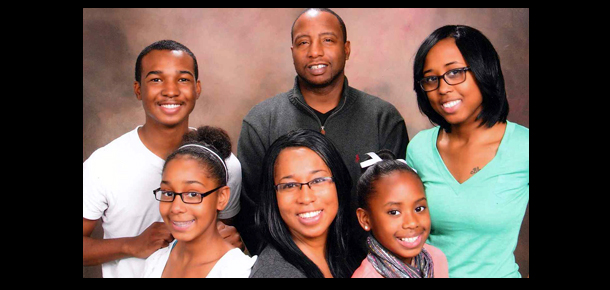
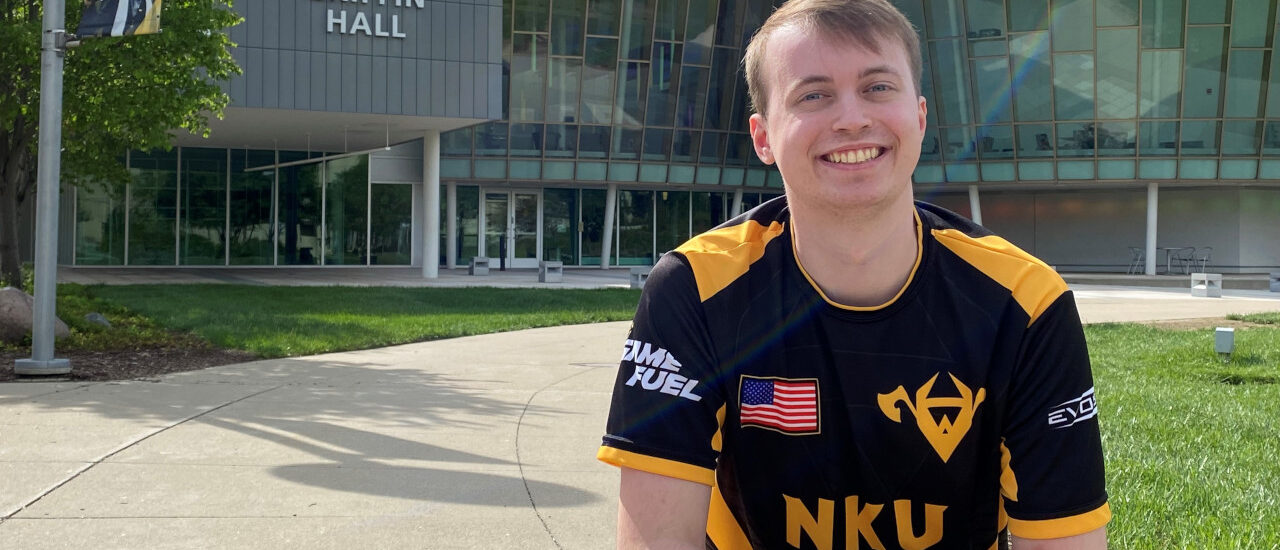
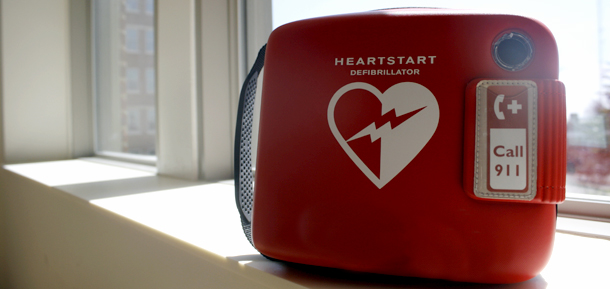
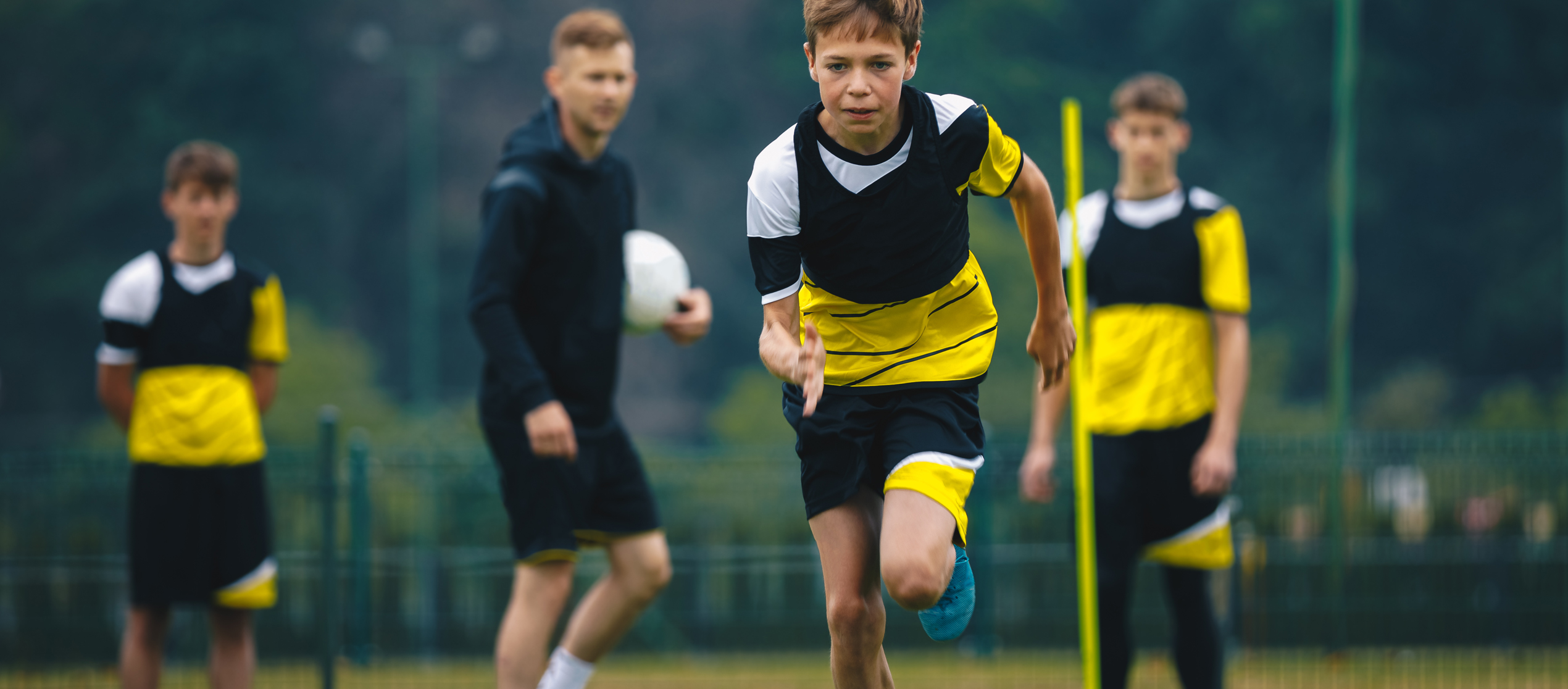
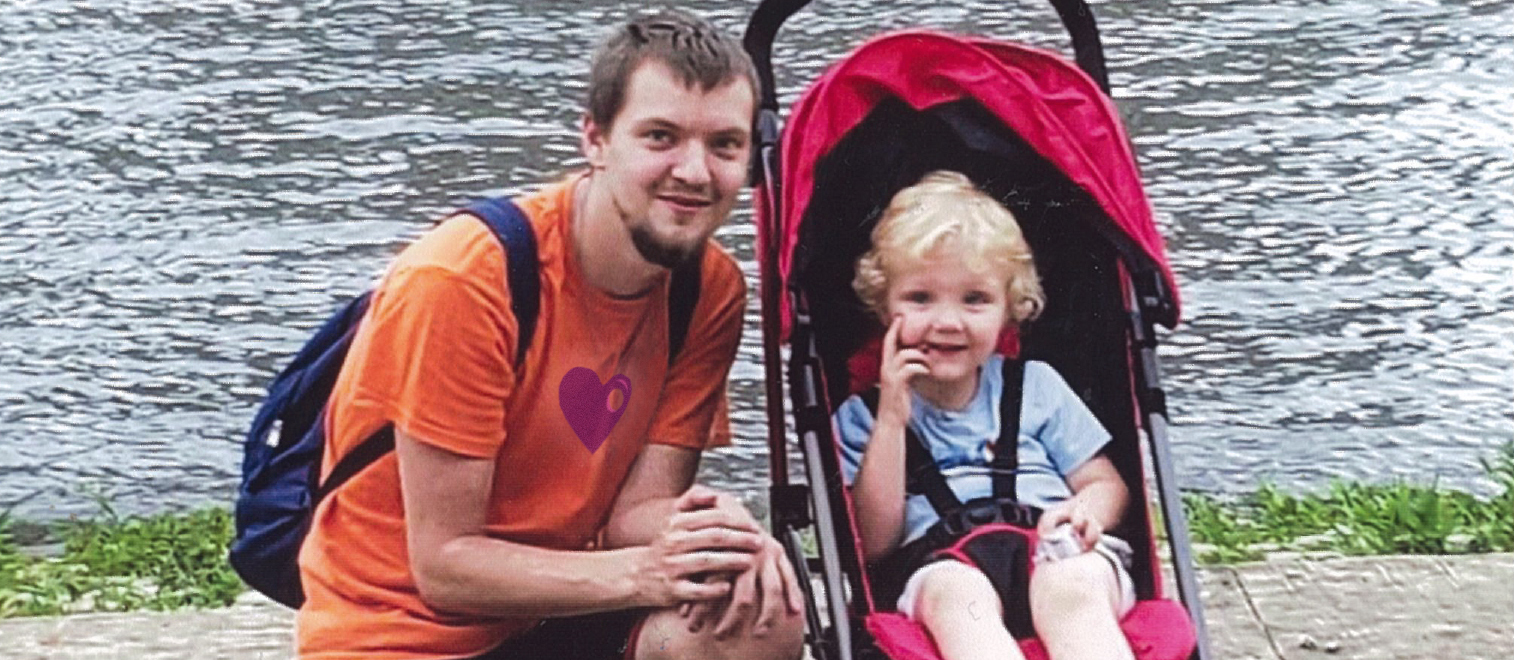
As Jordan’s grandfather I speak for our whole family in saying that the loss of his participation in sports is nothing compared to the loss of Jordan. We as a family have found other activities we all can participate in and enjoy. No matter how healthy your athlete (whether organized or pick-up sports) may appear to be, this testing may be a life saver.